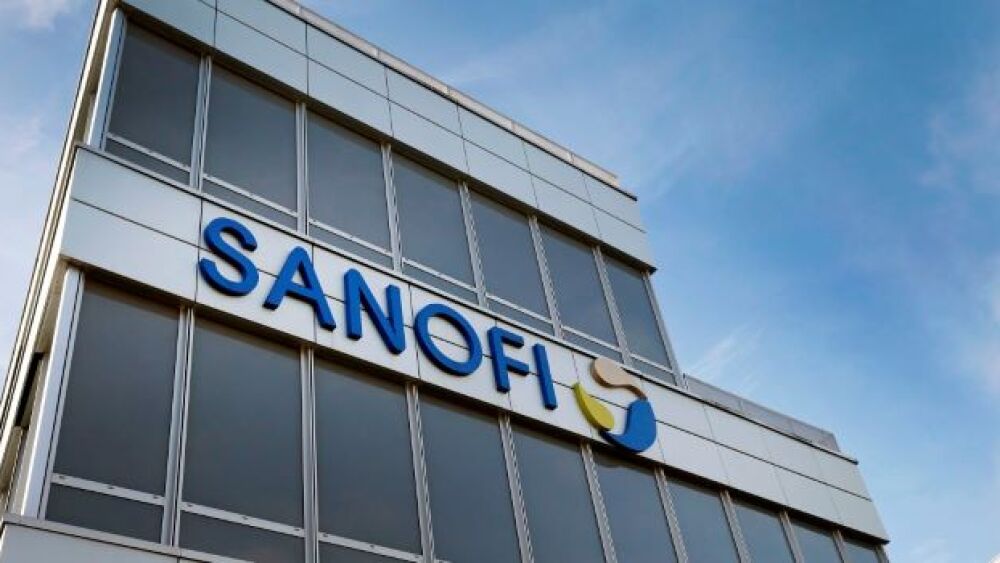Sanofi has terminated its global development and commercialization pact with Revolution Medicines, Inc. for their SHP2 inhibitor drug candidate,
Chesnot/Getty Images
Sanofi has terminated its global development and commercialization pact with Revolution Medicines, Inc. for Revolution’s SHP2 inhibitor drug candidate, the California-based biotech announced Wednesday.
Revolution regains all rights to the investigational SHP2 inhibitor RMC-4630 for the treatment of patients with certain RAS-addicted cancers.
All commercial proceeds from RMC-4630 will go back to Revolution, and the company will take sole responsibility for decisions made regarding the candidates’ research and development. During the first half of 2023, Sanofi and Revolution will work on transitioning all of the pharma giant’s rights and responsibilities regarding RMC-4630.
In an e-mail to BioSpace, a Sanofi spokesperson said that the decision to terminate the Revolution partnership follows “a recent portfolio review and prioritization.”
After losing a powerhouse partner, Revolution is now estimating its full-year net loss to be between $245 and $265 million, including non-cash stock-based compensations valued from $30 to $35 million.
Still, the oncology-focused biotech is confident that its current cash, cash equivalents and marketable securities can keep it afloat, funding its planned operations through 2024.
Sanofi and Revolution inked their collaboration in 2018. Pledging up to $500 million, Sanofi bought into Revolution’s SHP2 program, which aimed to tackle cancer through the RAS-MAP kinase pathway, where the SHP2 enzyme appears to play a role in the development of malignancies. RMC-4630 is an inhibitor of SHP2.
Under the terms of the 2018 deal, Revolution was to take charge of early research and clinical development, while Sanofi was to be responsible for later-stage development activities. Profit was to be shared 50/50.
Revolution expects Sanofi to continue to fulfill its obligations throughout the transition period. This includes reimbursing relevant costs incurred by Revolution throughout the partnership.
Sanofi’s Cancer Cull
Recent months have seen a notable thinning of Sanofi’s cancer pipeline. In August, amcenestrant, the company’s investigational oral selective estrogen receptor degrader, failed to meet its primary endpoint in the Phase III AMEERA-5 trial, forcing the company to terminate all global clinical development for the candidate.
Amcenestrant also flopped its Phase II assessment in the AMEERA-3 study a few months earlier, in March.
At the time, losing amcenestrant left Sanofi with five oncology hopefuls, barring compounds in Phase I studies: the monoclonal antibody alomfilimab, the anti-CD38 Sarclisa (isatuximab-irfc), a non-alpha IL-2 molecule SAR444245, an anti-CEACAM5 ADC tusamitamab ravtansine and SAR442720, the SHP2 and KRAS inhibitor developed under the Revolution collaboration.
In late October, Sanofi announced a new Phase I/II program will be initiated for SAR444245, which it gained when it bought out the San Diego company Synthorx.
In parallel, the decision was made to discontinue the ongoing Phase II platform trials, as the efficacy observed in the early look of the data was lower than projected. This decision was not based on any safety-related issues.






